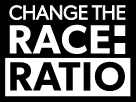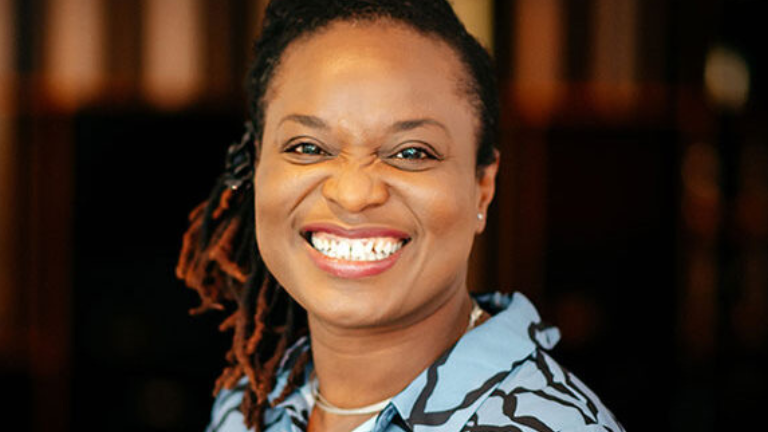Allyship. What is it?
Allyship is defined as the active and supportive role that individuals or groups from privileged or majority backgrounds can take to advocate for and empower marginalised communities.
Allyship involves recognising and understanding the systemic barriers and injustices faced by marginalised groups, and actively working to dismantle those barriers through education, action and amplification of marginalised voices.
Let’s start with education
Education – and educating yourself – is the foundation of becoming a better ally as a leader. But where do you start?
Through my work at Delta I consistently encourage leaders to educate themselves about the experience of marginalised groups before anything else. This could be engaging more on issues related to diversity, equity, and inclusion in the media and in your workforce. It could be about the books you read, the seminars you attend, and the voices you follow on social media.
It can also be about accessing content created by people from marginalised and under-represented communities, as well as attending sessions or workshops run by experts in inclusion and equity.
Reflection’s essential too, so as you learn take the time to think about your own experiences and how they’ve shaped your views of the world. In other words, be aware of your own biases and misconceptions. Recognise that allyship is an ongoing journey that requires an open mind and a willingness to unlearn and relearn.
And keep learning about bias and equity. Recent examples of learning could include understanding the difference between ‘not being racist’ and ‘being anti-racist’, the difference between equity and equality, the myth of meritocracy, and the discomfort of coming to terms with unearned advantages such as ‘white privilege’.
Share stories in town halls and in SLT meetings of how your learning has changed, in order to role model a growth mindset and show vulnerability. Note - this also means accepting feedback and owning it when you don’t get it right.
Finally, language matters. So it’s important that you keep abreast of changes in both language and society.
As an example, we’ve recently become used to ‘new’ words like selfie, cybersecurity and emoji, so, we can learn to use terms like ‘non-binary’. Similarly, the term ‘BAME’ was popular a few years ago, but we’re now urged to ‘break down BAME’ and use Black or Asian or Minority Ethnic, as needed. These categories themselves aren’t ‘perfect’, so expect them to evolve, too.
Education needs action
I cannot stress enough how crucial it is for leaders themselves to play an active role in allyship, not delegating it to HR or to the ED&I lead.
And when it comes to playing an active role as a leader, use your privilege purposefully. Privilege comes in many forms, —gender, race, sexuality, socioeconomic status, physical abilities – so use yours with intention, acknowledge it and leverage it.
As a leader, you can use your influence and social capital to advocate for equity in decision-making processes and promote diverse representation at all levels of your organisation. This might mean asking ‘why aren’t X other people in this room’, as well as ‘why are there so many Y people in this room?’ This second question is often more revealing than the first.
Silence perpetuates the status quo. Allyship requires you to step out of your comfort zone and speak up against inappropriate behaviour or inequitable processes. Challenge bias when you see it. When you spot subtle bias or ‘othering behaviour’ including the use of coded language don't be afraid to speak up. Know when to intervene, when to ‘call people in’ and when to ‘call people out’.
Build your community of allies. Bring together peers in similar identity groups as yours (e.g. a group of senior white male executives), and support each other’s development by checking in regularly and exchanging tips and insights.
Don’t just focus on ‘what my company (or my HR or D&I team) is doing’, focus on ‘what I have learnt, how I feel and how I have got through challenging emotions and experiences’. People want to hear about your experience, and your learnings.
Keep exchanging experiences, successes and challenges to motivate each other to continue to take action.
Finally, find the budget to engage a coach who works using an inclusive executive coaching framework to facilitate your peer learning and who can provide you with appropriate challenge. Speak publicly (while maintaining confidentiality) of what you have learnt during these sessions.
Amplification
Amplification means being intentional in supporting and promoting underrepresented colleagues by using your platforms to give visibility and credibility.
It means bringing diversity to the table, asking ‘whose point of view are we missing?’
It means knowing when to step out of the spotlight and create space for historically-marginalised voices. When you chair meetings make sure that everyone has been given the opportunity to share their ideas and perspectives; invite counter-perspectives. Ask open-ended and exploratory questions, actively listen without interrupting, and seek to understand the experiences of others.
Give credit where it’s due – especially when it comes from an underrepresented or historically marginalised position – do this in a meaningful rather than tokenistic way. And do this too when that individual is not present to hear you acknowledge or praise their contribution. Your endorsement and your backing has an outsize impact.
When amplifying the voice of others try to maintain the careful balance of not doing it in service of yourself. Be aware of the power dynamics at play - collaborate, don't dominate. Don’t assume you know best – consult to ask what is the best way to amplify or assist. Shy away from ‘centering’ yourself, seeking recognition or validation for your actions.
Sometimes you will fail to get the gratitude you seek. Go back to step 1 (education followed by reflection), and think about what you are learning, unlearning and relearning about yourself and why allyship is important for your leadership.
You may find it helpful to speak to a coach to recalibrate and reclarify the motivations behind your actions. Collaborating without dominating can be one of the toughest balancing acts leaders as allies need to achieve.
To conclude…
Being a better ally requires ongoing education, action and amplification. But by embracing these practical tips and returning to them frequently, you can contribute to a more inclusive and equitable world, and leave the legacy of an organisation – and a workforce - that flourishes.
About the author
Dr Doyin Atewologun is the Founder and CEO of Delta, a consultancy working with leaders, teams and individuals to build fairer and more equitable workplaces for optimal business performance.
She is a multiple award-winning chartered business psychologist, consultant, speaker, executive coach, researcher and skilled facilitator.
She has worked with several FTSE 100 businesses, United Nations agencies, the UK Civil Service and professional services firms and is Academic Adviser on the UK-government backed Parker Steering Committee for ethnic diversity on FTSE350 boards.
Looking to leverage inclusive excellence for your organisation? Contact the Delta team to learn more about Delta’s Ally Accelerator Programme.
Learn more



